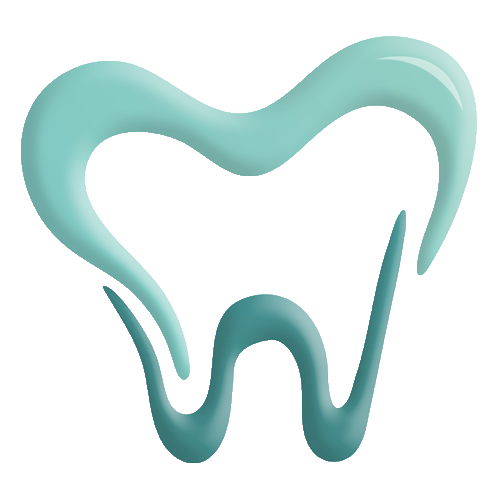Rinse Then Spit: 6 Mouthwatering Facts About Saliva
Saliva is essential for everyday things you do like eating, talking and smiling. We all have various salivary glands that produce saliva in our mouths, from the parotids to the sublingual glands. So here are some cool, fun facts about your drool.
It Makes Food Taste Better
Saliva is the first step in the digestive process. As soon as you start to chew your food, the enzymes in saliva start to break down the food molecules releasing flavor onto your tastebuds. It also helps lubricate the food so you can swallow it easily.
It Prevents Cavities from Developing
Saliva is 99.5% water, 0.5% salivary mucins (the proteins that form mucus). Saliva helps neutralize the acids in your mouth by washing away acidic residue left over from eating. The salivary mucins protect against bacterial biofilm (plaque) buildup. This way bacteria can’t thrive and cause cavities in your teeth.
It has a Natural Circadian Rhythm
You typically produce between 2-6 cups of saliva every day. During the day, your saliva production is at full throttle, especially in the late afternoon. When you go to sleep, thankfully the body knows to slow down saliva production. Otherwise you would wake up every morning in a pool of your own spit! The only drawback is when your mouth is dry at night, bacteria tend to thrive. That’s why you wake up with dreaded dragon breath!
It’s a Natural Painkiller & Wound Healer
Human saliva is 6 times more powerful than morphine thanks to the pain-killing compound opiorphin. Opiorphin is a naturally produced compound by the body and is found in your saliva. It extends the body’s self-defense mechanism against pain. There’s something to the saying “lik your wounds.”’ Typically, wounds in the mouth heal faster than elsewhere on the body thanks to saliva’s germ fighting antibodies.
Stress Can Leave you Sans Saliva
When you are stressed out, or in fight-or-flight mode, your body focuses on your survival. It’s not the time to enjoy a delicious meal. So salivary flow stops and you get dry mouth (xerostomia). Dry mouth increases your risk for cavities. So try to minimize stress in your daily life!
Swapping Spit Exchanges Millions of Bacteria
It’s true. Kissing transfers bacteria between people. That’s why Epstein-Barr virus (aka Kissing Disease or Mono) is a viral infection that usually happens after kissing someone who has the EBV. It can also happen from sharing utensils while eating and straws or glasses when drinking. Traces of your saliva are left everywhere when you eat and drink. So you can pick up a bacterial infection in a single bite by sharing food with someone else.
Making sure you have a healthy salivary flow is integral to your oral health. If you notice any changes with your saliva, either due to new medications or anything else, be sure to schedule a check-up visit with a dentist. It can be a sign of other medical issues.
Hope you learned some fun facts, and remember, a healthy smile is always in style!
Toot-a-loo,
Melisande J. Wolff, DMD, FAGD

